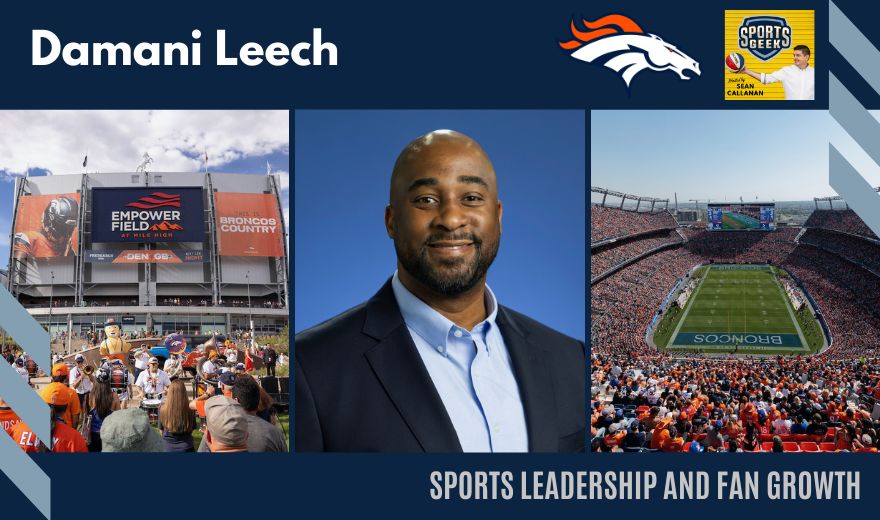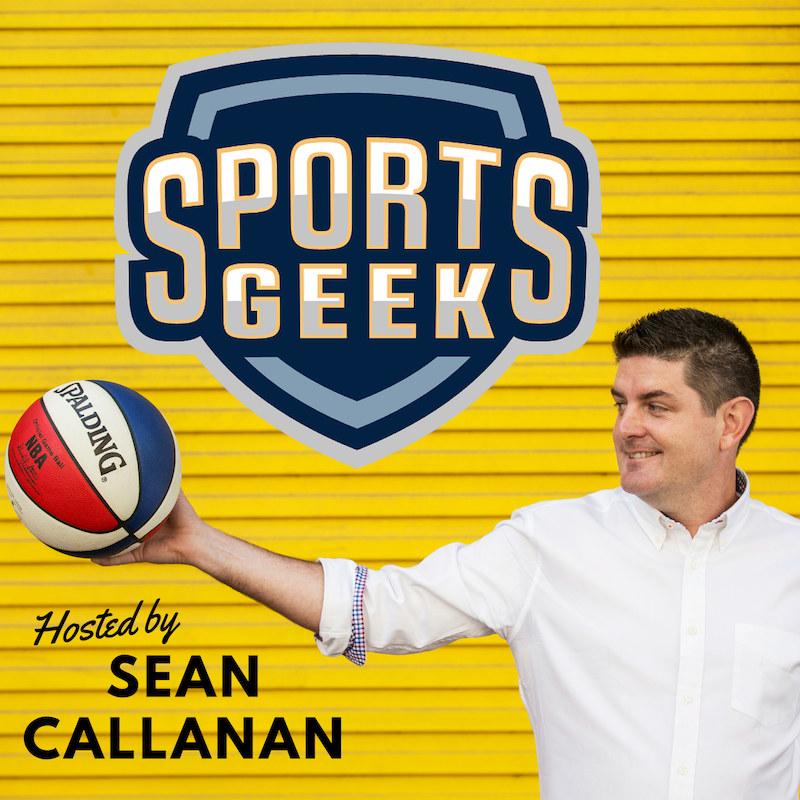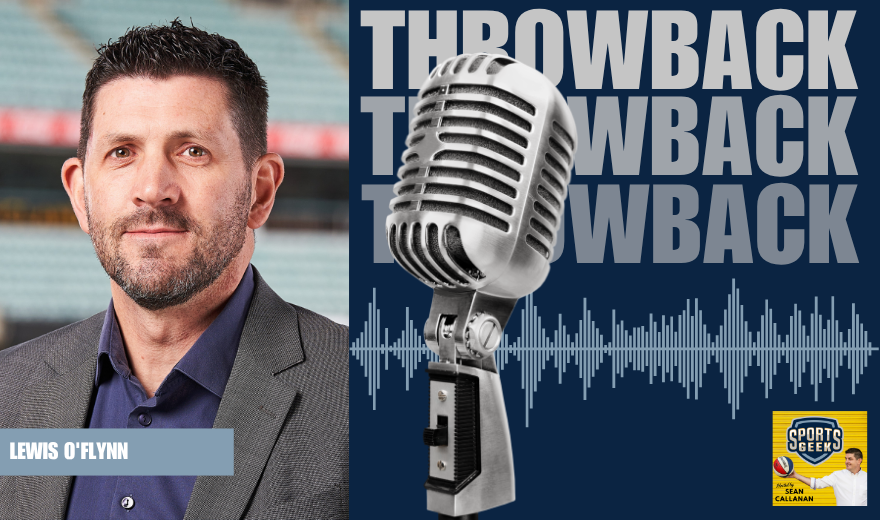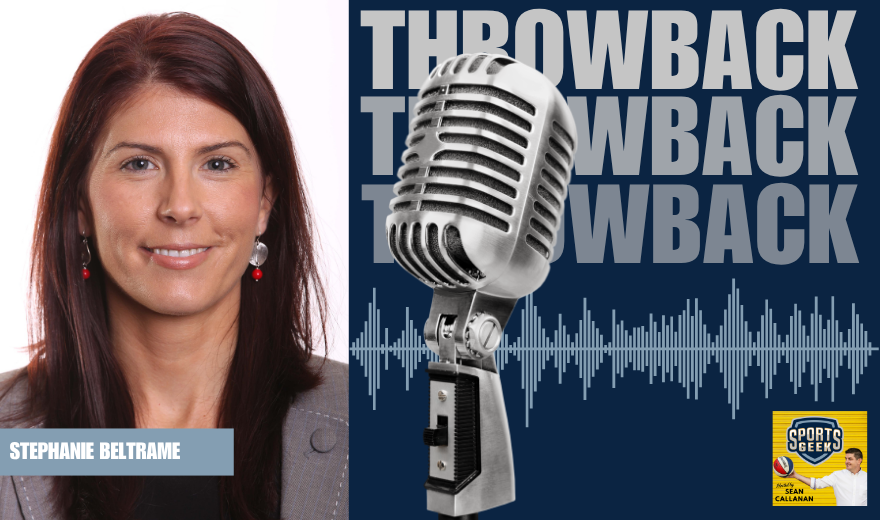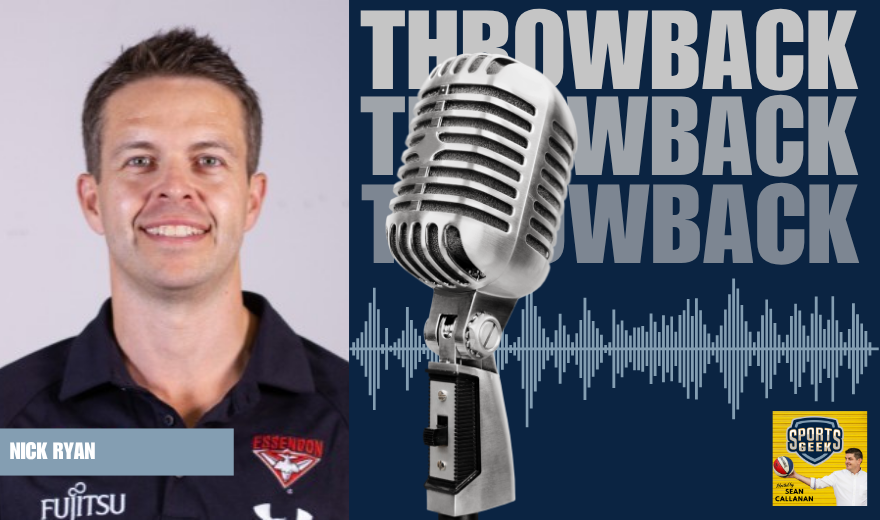This transcript has been lightly edited by AI
Sean: So want to, I mean, that's how we first cross paths, you in that international role. It must have been exciting because the NFL is massive. It stops everything on a Sunday in the US, but then to be looking outside the US and looking at new markets and effectively go back to the beginning. What were some of those initial, I guess, discussions, one going into a new market, identifying a new market? Like it was a little, it would have been a little bit foreign for everyone at the NFL because you've got such a large established, you know, US fan base, it a little bit of rethinking and relearning all of those skills from a fan growth point of view?
Damani: Yeah, think a couple things. think one, it was a real challenge at 345 Park Avenue trying to get people to understand that the NFL wasn't the number one sport in every single country around the world. And why can't you just go into those markets and have a bunch of success? But there were some people, fortunately the commissioner is one of them, who spent a lot of time working international. Don Garber, who's commissioner of MLS, actually ran international for a while.
Mark Waller before me so a lot of good work had been done To lay the groundwork, but it really was every market is different We had to treat it as such each market was different in their level of affinity for the the league their understanding of the sport What sports were popular in those markets how business worked? Not to mention just you know purely time zone from a fan standpoint how and where and when fans can consume it on various media platforms
Sean: And then the other part, you already sort of discussed it, is that international player pathway, the IPP program of identifying players that potentially can become NFL players. Jordan Malata is obviously a shining example of that. opening up those experiences and starting to scout around the world, again, that was sort of part of that first remit of that football strategy. What does the next footballer look like?
Damani: Yeah, I mean one of the things that we did early on was realize, you know, and continue to do a lot of research on what drives fandom. And you find different stories from different people. But for some people, it's the Super Bowl is the entryway, right? It's this big global event. And as a casual fan, maybe you're just tuning in for the halftime show, but that was people's entryway into it.
For some people, it's a little bit like the wall behind you is, you know, their father, mother, uncle travels to America comes back and brings, you know, their nephew or son or daughter a jersey. And all of a sudden that kid now loves Dan Marino and just becomes a Dolphins fan. And the third is that like just the athletes themselves resonate with them. That they somehow just purely as athletes, they fall in love with John Elway and just say like, that guy's really good at what he does.
And particularly an athlete who has some sort of connection to them was what we were trying to foster to bridge that gap of like, okay, we can help drive fandom in these markets, or at least just sort of familiarity in these markets, if there's more athletes from these countries. Not to mention in primarily just making the game better, right? Like we just want the best athletes in the world playing this game regardless of where they're born.
Sean: Yeah




